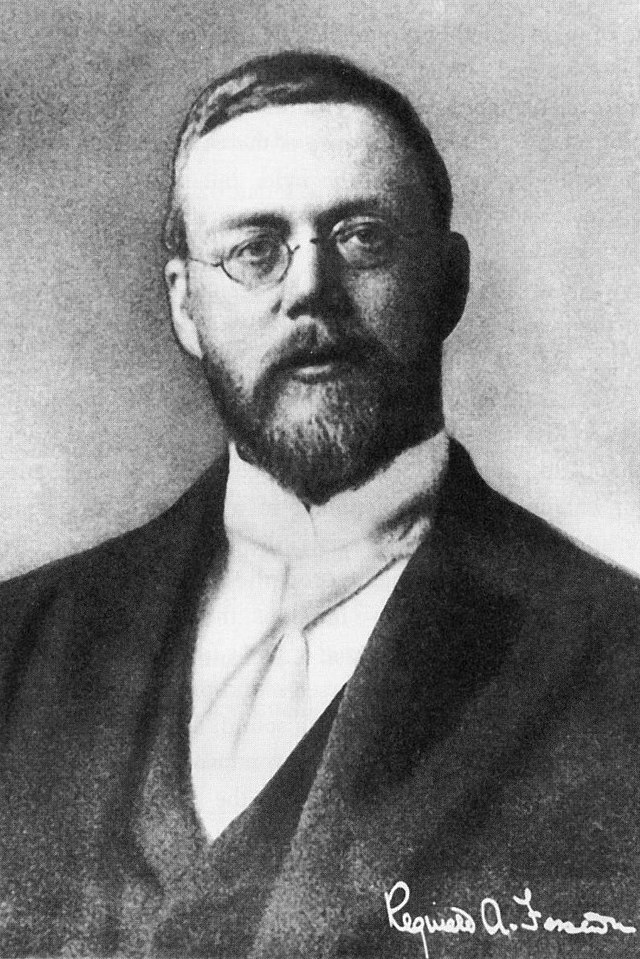Swanson School of Engineering
Engineering school of the University of Pittsburgh From Wikipedia, the free encyclopedia
Engineering school of the University of Pittsburgh From Wikipedia, the free encyclopedia
The Swanson School of Engineering is the engineering school of the University of Pittsburgh in Pittsburgh, Pennsylvania. Founded in 1846, the Swanson School of Engineering is the second or third oldest in the United States.[5]
| Type | Public |
|---|---|
| Established | 1846 |
| Dean | Sanjeev Shroff (interim) |
Academic staff | 216 (tenure and non-tenure)[1] |
| Undergraduates | 2,764[2] |
| Postgraduates | 834[3] |
| Location | , , US |
| Campus | Oakland |
| Endowment | $197.2 million (2016)[4] |
| Website | www |
 | |

The Swanson School of Engineering evolved out of the Western University of Pennsylvania, the former name of the University of Pittsburgh, offering specialized engineering subjects to students, although they were still required complete their classical requirements. The first graduates in these engineering subjects were Isaac Morley and J. B. Stilly in 1846.[6] Separate degree programs in mechanical and civil engineering were announced in 1868, and four year degrees resulting in separate engineering degrees were first implemented in 1870.[7] The school was the university's response to the years surrounding the Civil War that transformed Pittsburgh's industrial base from regional to international.
Degrees in civil engineering and mechanical engineering were offered beginning in 1868. Mining engineering was added in 1869 and Electrical Engineering in 1890. In 1909, the metallurgical engineering department was established, followed by the chemical engineering department and the world's first petroleum engineering department in 1910, with its first degree conferred in 1915.[8] The undergraduate cooperative education program was also initiated that year. The industrial engineering department was established in 1921 and the safety engineering program in 1930.[9] The bioengineering department was added in 1998.[10]
In 2007 the school was renamed to the Swanson School of Engineering after John A. Swanson, founder of the computer software firm ANSYS, donated $41.3 million to the school.[11]

The Swanson School of Engineering offers undergraduate, graduate degrees, and doctorates in 6 academic departments:
Academic programs offered by the school include bioengineering, chemical engineering, petroleum engineering, civil engineering, mining engineering, computer engineering, electrical engineering, engineering science, industrial engineering, materials science and engineering, mechanical engineering, and nuclear engineering.
Research centers housed in the school include:
The University of Pittsburgh Center for Energy is a research center housed in the Swanson School of Engineering that is dedicated to improving energy technology development and energy sustainability.[13] Comprising more than 70 faculty members and 200 students and postdocs, the center was scheduled to be housed on a floor of Benedum Hall undergoing a $15 million renovation.[14] The center was created in 2008 to bring together energy innovators across a range of engineering and academic disciplines. It also sought to develop stronger collaborations with energy industry partners in the Western Pennsylvania.[15] The center's faculty focus on five key areas of research that include energy delivery and reliability, carbon management and utilization, high-temperature and other advanced materials, energy efficiency, and unconventional gas resources.[16]
In 2003, through funding from Jack Mascaro, the Heinz Endowments, and the George Bevier Estate, the Swanson School of Engineering established the Mascaro Sustainability Initiative, resulting in the Mascaro Center for Sustainable Innovation (MCSI).[17]

Ten individuals have served in the position of the Dean of the School of Engineering over its history.
| |||||||||||||||||||||||||||||||

Seamless Wikipedia browsing. On steroids.
Every time you click a link to Wikipedia, Wiktionary or Wikiquote in your browser's search results, it will show the modern Wikiwand interface.
Wikiwand extension is a five stars, simple, with minimum permission required to keep your browsing private, safe and transparent.